Chuzzlewit - Interview Part 1
by Chris Jones
published: 18 / 1 / 2002
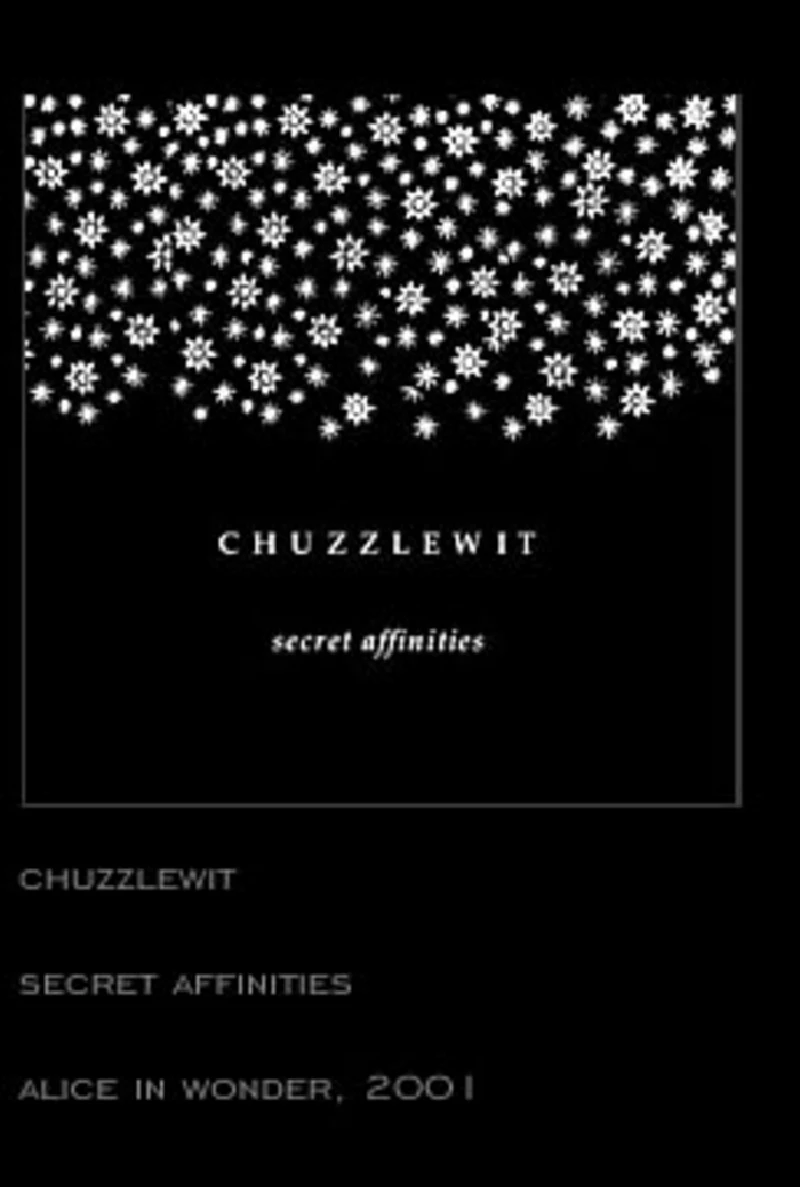
intro
If you live in the Northern Hemisphere, winter has probably started making its way into your life. The cold air is moving in and sweaters and jackets are becoming part of your wardrobe again. Rainy
If you live in the Northern Hemisphere, winter has probably started making its way into your life. The cold air is moving in and sweaters and jackets are becoming part of your wardrobe again. Rainy days and nights entice you to just stay in the house, maybe listening to some music on the stereo while curling up on the couch and staying warm. Winter is somewhat of a simpler time in that way. No one really expects you to go out, so just staying in is perfectly acceptable. For those more musically inclined, Winter may be a time of increased productivity. I don't think musicians can dodge the rain any better than the rest of us nor are they more impervious to the cold, so they're probably staying in too. Checking a number of CDs spread around on the floor in front of me, I see "recorded in November" on 3 of them, and "January" on two more. I never really thought about that before - I'll have to check more of my CDs. So what's that have to do with Chuzzlewit? Maybe nothing. A quick look at www.chuzzlewit.net does show that many of the early tapes were released in the Spring though, so maybe the songs were in fact written/recorded in the Winter! Hmm, this is probably how conspiracy theories get started. Well whether or not Winter has contributed to the musical output of Chuzzlewit is not the focus of this interview. It's finding out more about this very good music and Greg Prickman, the person behind Chuzzlewit. PB : How long have you been recording music as Chuzzlewit? GP : Since 1995. I had been playing in bands before that, one called Dwindle had (has?) something of a local reputation in Minneapolis where I was at the time. I left that band after burning out on the whole scene in 1994 and figured I might not do much of anything after that. PB : Has there ever been a band or has it always been your own thing? GP : It's always been my thing and there has never been a band. Early on I played with some people I had been involved in other projects with, but once I put the name 'Chuzzlewit' on things it was almost entirely my own thing, recorded on my own at home. PB : Have there been any Chuzzlewit live shows? GP : Never. Not yet! I just haven't put the time into finding people that I want to play these songs with. The closest I've come was when I was living in Bloomington, Indiana. I played a few times with Dan Burton of Early Day Miners. We worked out an arrangement for a couple of the songs from the earworm 7". It was a completely different take on them, very spacey and echoey and drawn out. I think it sounded great and would have been really fun to try out in front of people, but then I moved away before we had a chance to perform them or record any of the sessions. We might still try to get something together someday if we're in the same place at the same time. PB : Do you prefer recording on your own or has it just worked out that way? GP : The honest answer is probably a little of both. It's just worked out that way for the same reasons as not putting together a live band, but I think one of the main reasons why it has just worked out that way is because I really do like to put the recordings together on my own. Early on I recorded some stuff with other people. 'Tunguska' on 'A Map of Maybes' is the remnant of one session I did with Dave Gardner. The other songs he recorded are on one of the early tapes. I also did some stuff with a friend of mine playing drums that we recorded at someone's practice space in Minneapolis, but we never went back to do the vocals and the recordings were just abandoned. Chuzzlewit didn't really come into its own until I got a four track of my own and started to learn how I liked to record things. PB : The early releases were all cassettes. Did you do that for cost reasons or did you prefer doing tapes and what inspired you to first start recording your songs? GP : The idea of doing my own cassettes was one of the main reasons why I started doing music as Chuzzlewit. This was at a point in the mid-90s when cassettes were still the ultimate expression of do-it-yourself simplicity, before MP3s and Cd-rs and all the things we do now. I really wanted to do something personal and immediate, from the music to the packaging to the distribution. The very first tape I made was 5 songs recorded directly into a stereo--I sang through headphones to record the vocals while the guitar parts were dubbed from one tape deck to the other. That effectively finished the useful life of that particular stereo! I made an incredibly elaborate package for it, hand-painted with lettering cut through the cardstock. Other than some friends and family the only copy I sent to anyone was to Chris from Hood--'Cabled Linear Traction' had just come out and I was blown away by it. We corresponded for a while, mostly talking about Crabstick who we were both really in to! I kept recording songs and would put together tapes when I felt like I had enough things that fit together. That's still pretty much how I work. Some mailorders like Mind the Gap and Claire de Leon! (now clairecords) would sell the tapes for me, and it was a fun process corresponding with people from all over the world and getting my music out there in a very low key kind of way. I was never very concerned with having a lot of people hear the stuff. It was more important to me to enjoy the process. PB : How did it turn out that Earworm put out 'A Map of Maybes'? GP : Basically just by the tapes slowly making their way out and about. The guys who did Le Biscuit Club (now Meridians--seems like all the mailorders changed their name) sent a copy of 'What They Call an Impasse' to Dominic at Earworm, and he contacted me to release a CD. We decided on a compilation of tracks from the cassettes rather than just issuing 'Impasse' as a CD. I'm really happy with the way 'A Map of Maybes' turned out because I think it represents that phase of activity pretty well, and it was really exciting to release stuff on earworm. PB : Which bands would you say influence(d) your music? GP : Generally speaking I'd have to say a good deal of what would loosely be described as "post-punk" music--although I have been pretty heavily into the range of stuff happening in America my tastes have always leaned towards British and New Zealand music, and I think those are the biggest influences on Chuzzlewit. I've been heavily influenced by C86 bands and also the first wave of shoegazing. Bands like My Bloody Valentine, Ride, Slowdive, etc. were a big formative influence on me, and seeing all those bands live defined a lot of what I like to hear in terms of how guitars are played. I guess the history of Creation Records covers a lot of it, from the early stuff like the Bodines, the Loft, Felt, Jasmine Minks, through to the shoegazer stuff. The Wedding Present were a huge influence, and I was really into Bedhead and Hood when I started recording my own stuff. I was also very into Xpressway and Flying Nun stuff, which in many ways was a bit more of a lo-fi take on post-punk guitar music that I tried to shamelessly emulate. PB : What types of music do you listen to now? GP : More of the same really, I'd never claim to produce lo-fi guitar music while being inluenced by free jazz or avant-garde chamber quartets. Like a lot of people I do listen to some more electronic sounding stuff these days--Four Tet, Boards of Canada, Mum, etc. I like people like Piano Magic, Montgolfier Brothers, Sigur Ros, and labels like Tugboat and Pehr and 555. PB : It seems like literature is a big influence on you. Did you study lit in college? GP : I didn't study Literature in college per se, but I think the influence comes mostly from what I do for a living--I'm an archivist and librarian. I spend a lot of time with history, be it literary history, book history, printing history, local history, I'm surrounded by it and it definitely works its way into the music. A great many song titles come from things I come across at work. They may not directly tie into what the song is about but they relate in spirit. The process of working on archives or working with historical materials is pretty interesting, and I think more than anything what comes through in the music is the sense of putting together a story from bits and pieces that remain of a life or activity or event.
Picture Gallery:-
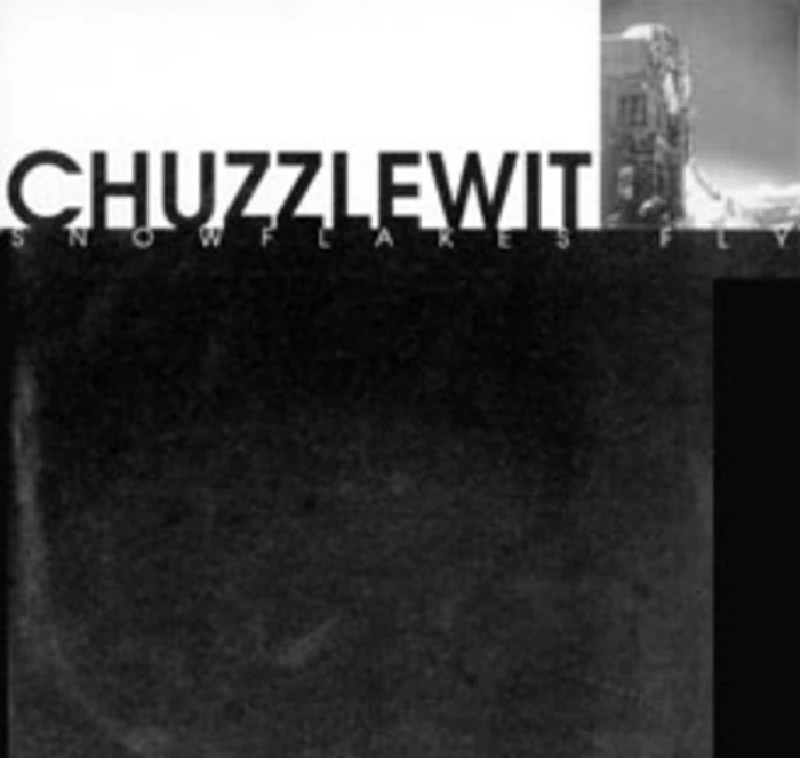
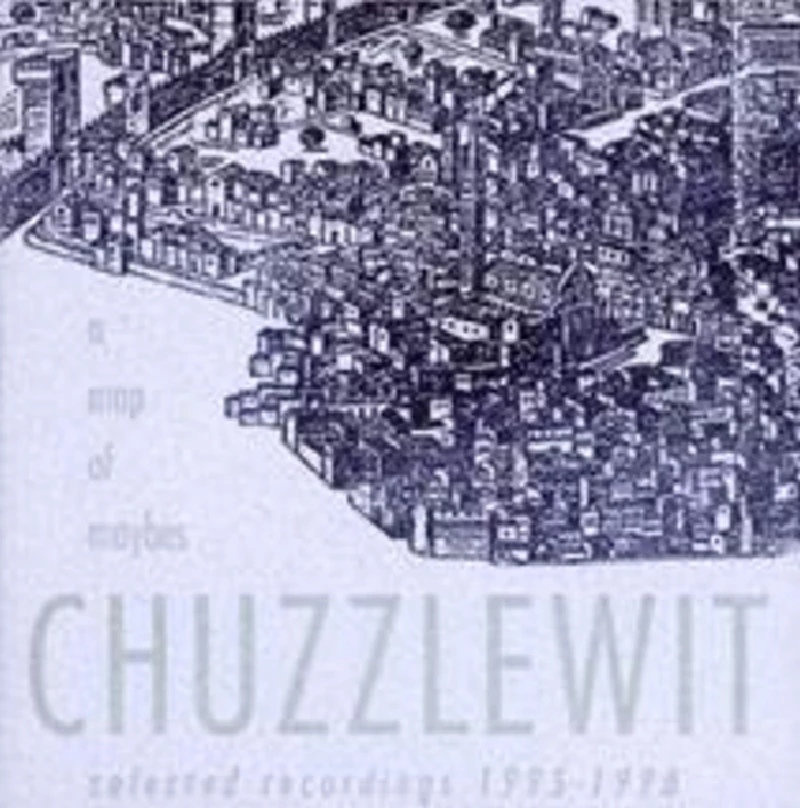
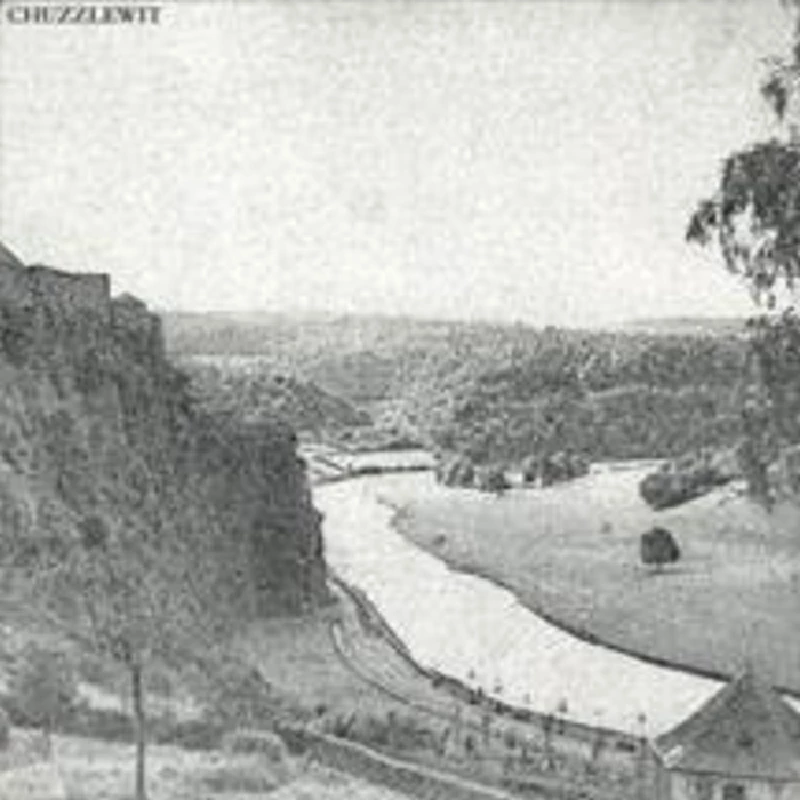
interviews |
|
Interview Part 2 (2002) |
| PB : Your music has a lo-fi quality that gives it a feeling of immediacy. By that I mean, it sounds a bit raw and I can almost picture you sitting there playing the songs when I listen to them. Is t |
reviews |
|
Secret Affinities (2001) |
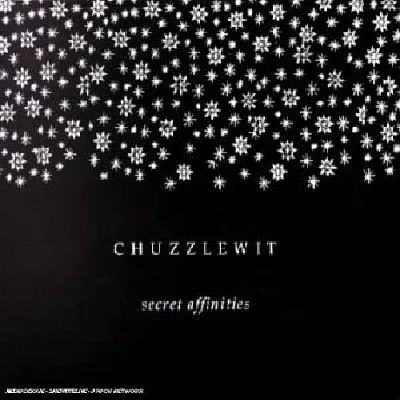
|
| In the past few weeks I've had a number of people ask me what were my favourite albums of the year 2000. and while my list consists of bands that I don't expect many people to know, the albums can a |
most viewed articles
current edition
Shrag - Huw Stephens Session 08.12.10 and Marc Riley Session 21.03.12Gary Numan - Berserker
Razorlight - Photoscapes
John Hassall - Photoscapes
Max Bianco and the BlueHearts - Troubadour, London, 29/3/2025
Primal Scream - Photoscapes
Roberta Flack - 1937 - 2025
Waeve - Club Academy, Manchester, 18/3/2025
previous editions
Heavenly - P.U.N.K. Girl EPManic Street Preachers - (Gig of a Lifetime) Millennium Stadium, Cardiff, December 1999
Boomtown Rats - Ten Songs That Made Me Love....
Beautiful South - Ten Songs That Made Me Love...
Barrie Barlow - Interview
Oasis - Oasis, Earl's Court, London, 1995
Trudie Myerscough-Harris - Interview
Dwina Gibb - Interview
Pixies - Ten Songs That Made Me Love...
Doris Brendel - Interview
most viewed reviews
Pennyblackmusic Regular Contributors
Adrian Janes
Amanda J. Window
Andrew Twambley
Anthony Dhanendran
Benjamin Howarth
Cila Warncke
Daniel Cressey
Darren Aston
Dastardly
Dave Goodwin
Denzil Watson
Dominic B. Simpson
Eoghan Lyng
Fiona Hutchings
Harry Sherriff
Helen Tipping
Jamie Rowland
John Clarkson
Julie Cruickshank
Kimberly Bright
Lisa Torem
Maarten Schiethart